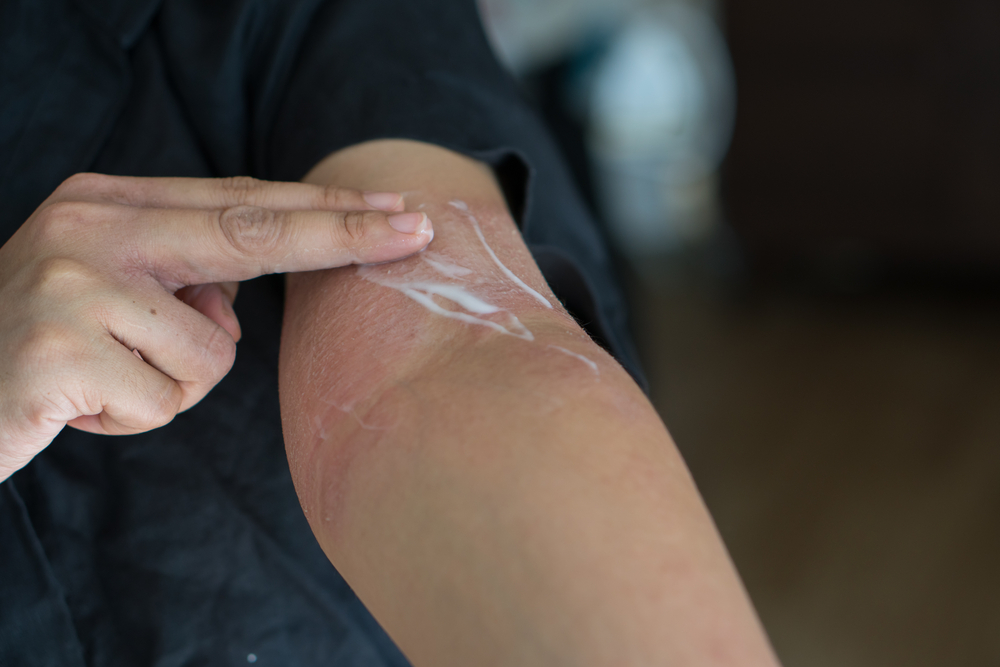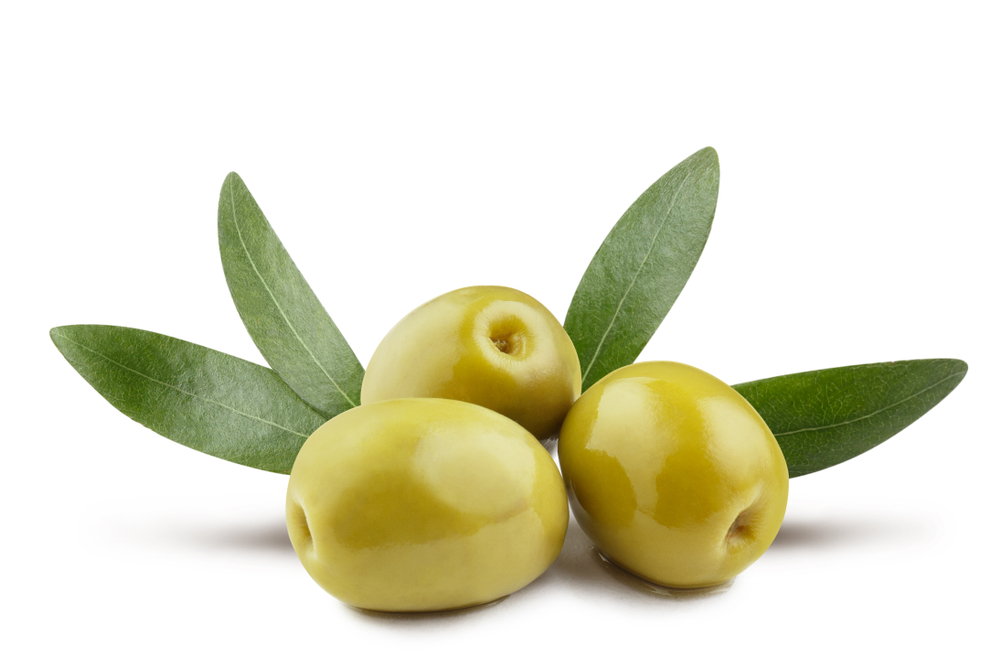Guidelines for Atopic Dermatitis Management: Topical Treatments and Phototherapy

The American Academy of Dermatology recommends managing atopic dermatitis with emollients, soap-free cleansers, topical corticosteroids for flare-ups, and topical calcineurin inhibitors like pimecrolimus and tacrolimus. While ultraviolet phototherapy is effective for more severe cases and antistaphylococcal antibiotics can treat secondary infections, oral antihistamines and integrative medicine lack evidence of effectiveness.
Study Sheds Light on Microbiome’s Impact in Atopic Dermatitis and Biotherapeutic Prospects

Research shows that the skin microbiome, crucial in interacting with the host, is disrupted in atopic dermatitis (AD) by an excess of S. aureus and less diversity. Early life emerges as a key period for shaping immune responses, indicating a potential window for AD microbiome interventions. Current studies on the microbial differences between healthy and AD skin have spurred clinical trials of biotherapeutics to address AD microbiome dysbiosis, indicating potential in microbiome-based treatments.
Combined Therapy With Dupilumab and Tofacitinib Shows Promise in Severe Atopic Dermatitis

A 35-year-old male with severe atopic dermatitis (AD) saw partial improvement with dupilumab and halobetasol, leading to the addition of the JAK inhibitor tofacitinib. Although this combination cleared his AD, tofacitinib was discontinued due to risks and insurance issues, continuing treatment with only dupilumab. This case emphasizes the importance of risk evaluation and the promise of new JAK inhibitor developments.
Study Finds Vitamin D in Pregnancy Lowers Eczema Risk in Babies and Improves Bone Density

A University of Southampton study indicates that vitamin D supplements during pregnancy may reduce eczema risk in children at 12 months, with the effect lessening at 24 and 48 months. Involving over 700 pregnant women, the study also found that these supplements can improve the child’s bone density at 4 years old, as part of the Maternal Vitamin D Osteoporosis Study.
Study Reveals Olive-Derived Fiber’s Positive Impact on Atopic Dermatitis and Gut Microbiota

A recent study explores the impact of olive-derived antioxidant dietary fiber (OADF) on atopic dermatitis (AD) and gut microbiota in mice. Mice fed with OADF showed significant improvement in AD symptoms, evidenced by changes in various immunological markers. OADF also positively altered the gut microbiota. These findings highlight OADF’s potential as a dietary therapeutic agent in managing AD through modulating the gut-skin axis and immune responses.

